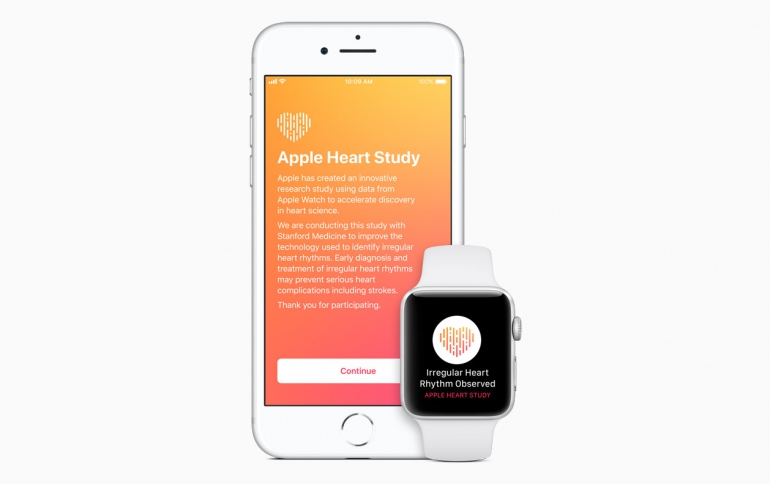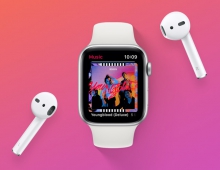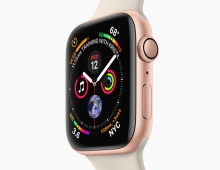
Stanford Medicine Says Apple Watch Detects Irregular Heart Beat Rate
The Apple Watch detected irregular heart pulse rates that could signal the need for further monitoring for a serious heart rhythm problem, according to data from a large study funded by Apple.
Stanford Medicine reported results of the Apple Heart Study, which enrolled over 400,000 participants from all 50 states in a span of only eight months. Apple and Stanford created the study to evaluate Apple Watch’s irregular rhythm notification, which occasionally checks the heart's rhythm in the background and sends a notification if an irregular heart rhythm appears to be suggestive of atrial fibrillation (AFib). As part of the study, if an irregular heart rhythm was identified, participants received a notification on their Apple Watch and iPhone, a telehealth consultation with a doctor and an electrocardiogram (ECG) patch for additional monitoring.
The researchers presented their findings today at the American College of Cardiology’s 68th Annual Scientific Session and Expo. Study results showed 0.5 percent of the over 400,000 participants received an irregular heart rhythm notification, illustrating the feature’s ability to give a user important health information without creating unnecessary burden to their doctor’s schedule. Many participants sought medical advice following their irregular rhythm notification, using the information to have more meaningful conversations with their doctors.
The participants who received notifications of an irregular pulse were sent an ECG (electrocardiography) patch to wear for subsequent detection of atrial fibrillation episodes. A third of those whose watches detected an irregular pulse were confirmed to have atrial fibrillation using the ECG technology, researchers said.
Some 84 percent of the irregular pulse notifications were later confirmed to have been AF episodes, data showed.
The study also found that 57 percent of participants who received an alert on their watch sought medical attention.
Apple's new Series 4 Watch has the ability to take an electrocardiogram to detect heart problems and required clearance from the U.S. Food and Drug Administration.
A mobile app uses the optical sensor on certain versions of the watch to analyze pulse rate data. If it detects enough variation from beat to beat over a 48-hour period, the user receives a warning of an irregular heart rhythm.
The latest version of the Apple Watch also allows wearers to push a button to take an EKG and share the reading with doctors.
Researchers urged caution by doctors in using data from consumer devices when treating patients. But they also see great future potential for this type of technology.



















